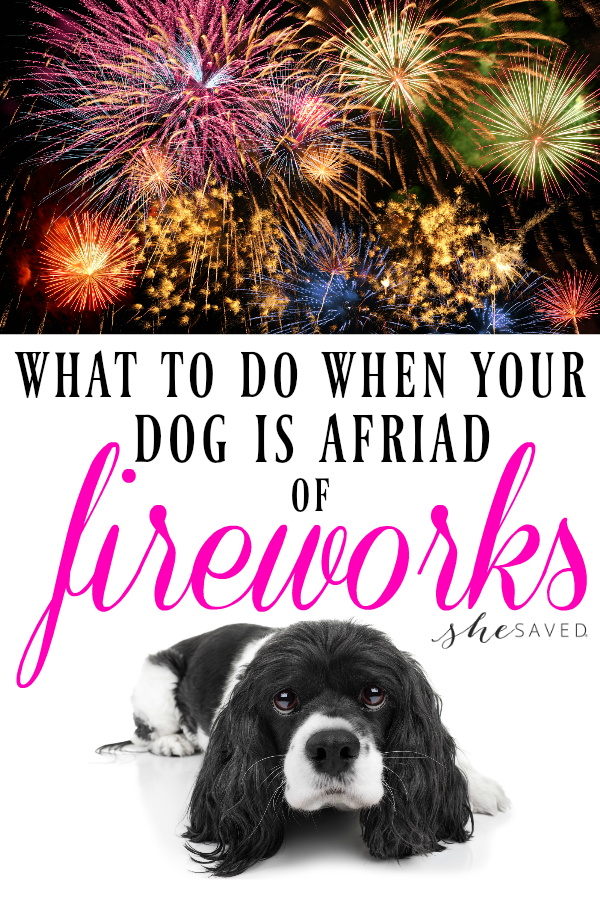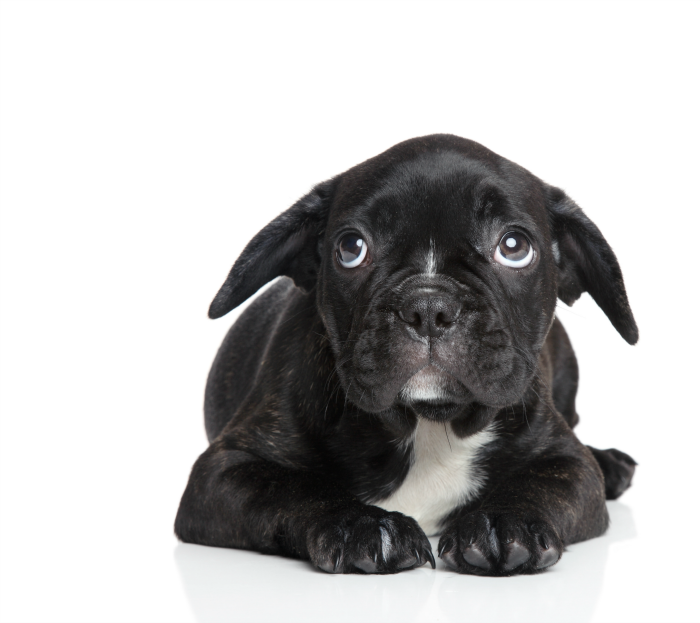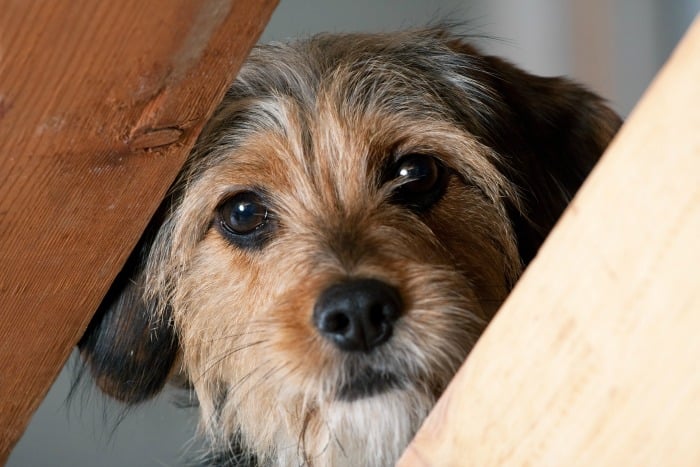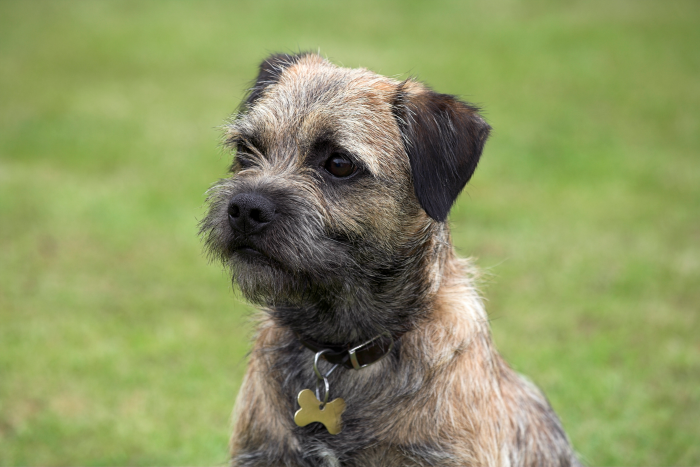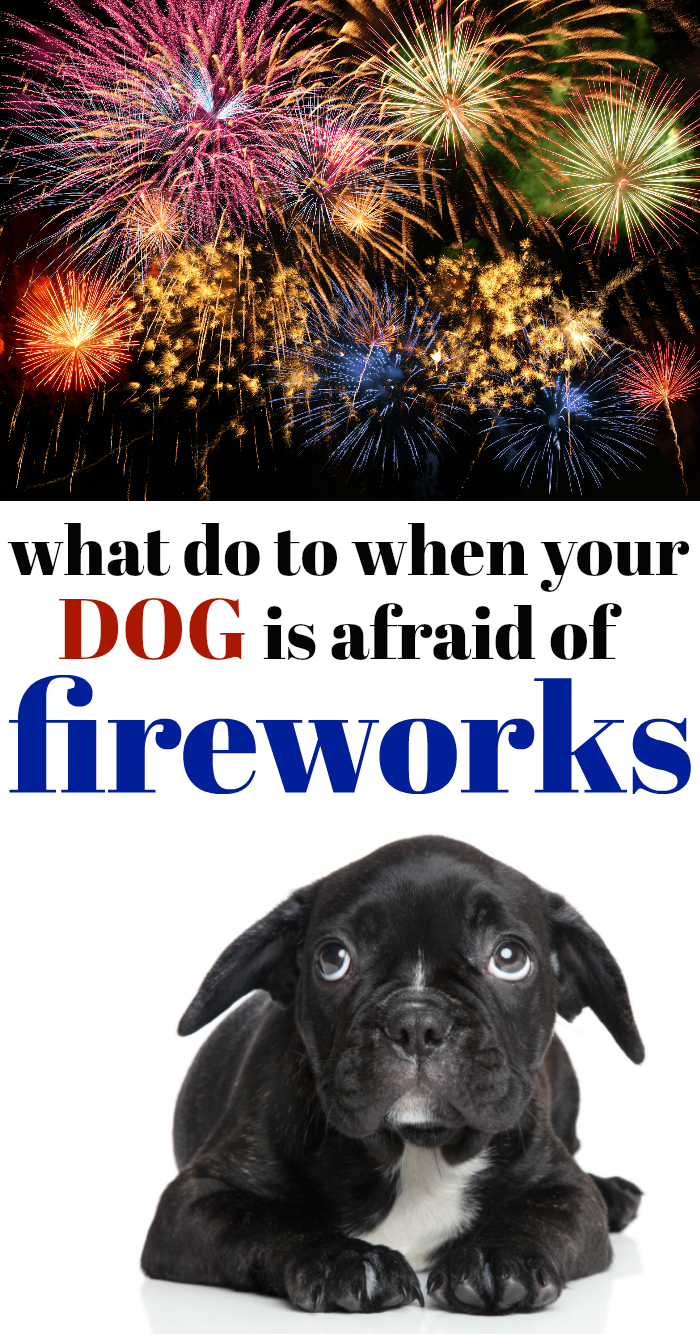Helpful Tips for a Dog Afraid of Fireworks
Is your dog afraid of fireworks? The 4th of July can be hard on pets. Here are our best tips for how to keep dogs calm during fireworks.
Helpful Tips for a Dog Afraid of Fireworks
Dogs and Fireworks!! Not a great combination.
While fireworks can be fun and exciting, they can actually be down right frightening, depending on who you ask! If you have ever experienced it, there is nothing more heartbreaking than a dog afraid of fireworks. Noise phobia is real, especially in pets and it can be absolutely traumatic to your furry friend.
*Disclosure: I am not a veterinarian (although I am married to one!) so this advice to help a dog afraid of fireworks is just my personal opinion based on my person experience and observations.
Are all dogs afraid of fireworks?
No, in fact, some are not phased at all. But for fearful dogs, these loud booms and the overwhelming sounds of fireworks can trigger a pure panic that quite often turns into a flight response that leaves shelters full of dogs around the Fourth of July or even worse, a high incident of dogs getting hit by cars. The fear of fireworks is so real that in extreme cases just the loud bangs and noise of fireworks will send a perfectly well behaved pet into a full blown panic attack.
What to do when a dog is afraid of fireworks?
The main thing to remember is that this truly is a FEAR. It’s an anxiety that causes confusion and stress which can also cause the most well behaved dog to bolt. For obvious reasons, that can be very dangerous. The very best thing you can do is to provide a safe space during firework season and remember, the season (and fireworks) often start long before the actual holiday) so be prepared for unexpected firework activity just as soon as the firework stands open. And, don’t assume that the fireworks will stop on July 5th, as that’s not always the case – in fact – fireworks can go off at any time of year so having a plan of action in place to calm your pet’s anxiety is never a bad idea.
Thunder Jackets for Dogs Afraid of Fireworks
If you have time to plan, we’ve found that these Thunder Jackets for dogs work great. Something about the comfort of being wrapped tight in these vests puts some dogs at ease. Not all dogs respond to them, but we have seen quite a few positive cases and you can read the reviews on the Thunder Jackets for dogs, to see if that’s an option for you.
One thing that I do like about these is that the price is quite reasonable and you can return them if you find that they don’t work. Each pet’s anxiety is unique, so you won’t know without trying if one of these anxiety vests will help your dog through stressful situations but it’s worth trying to see if the signs of anxiety begin to disappear.
However, if the anxiety wraps don’t work, you might have to accept the fact that your Fido just won’t be enjoying these holidays like New Year’s Even and Independence Day by your side. And that’s ok. The key is to, as good pet parents, to have a plan in place to help prepare for when the fireworks start. Keep a close eye on your dog’s reactions and body language so you can jump in and prevent a disaster.
My best advice for calming dogs afraid of fireworks
Probably my (our) best advice once you discover that your pet has a fear or noise anxiety brought on by local fireworks is to completely remove them from the possibility of hearing or seeing them.
Our wonderful “mutt” Dallas had a true fear of both thunder and lightning to the point where she would bolt the instant it began.
We tried everything, until one day I realized that by completely protecting her from hearing it at all, I minimized the stress for all of us. How did I do this?
I created a hiding place for her – I used a room in our home with no windows. For us, it was a small guest bathroom. I put her bed in this bathroom, along with her favorite toy, and a special treat.
Along with making the room comfy, I turned on a small radio to a station that we often play in the house and car. I turned it up loud enough to drown out any outside noises. By creating this safe place – and creating positive associations with it – she was completely oblivious to the sound of fireworks and bright flashes of lights.
I made sure she had water and food, and felt comfortable and loved.
Once closed inside that bathroom with the radio on, it was impossible to hear anything in the outside world.
Since there were no windows, this room was completely dark once we shut the door, but leaving the light on worked just as well. *and the response to this might vary by animal and some might need to be crated in order to relax, but you can test that out based on your animal.
You might even want to practice this drill before the fireworks to get your animal used to being shut up like this. Try classical music and begin to associate that with calm behaviour and comfort. This will be a nice safe haven and hopefully a great retreat for your dog to find comfort during fireworks season.
If you use the quiet room tactic, I do feel it’s best to do this before the dog is ever aware of any fireworks. That way they go into the quiet room calm and comfortable and don’t feel like they are being put there as a punishment.
My sweet Dally dog lived to be 14 years old and thankfully, I discovered this trick when she was only a few years old so this became kind of a ritual for us on both the Fourth of July and New Year’s Eve. It even worked wonderfully for thunder and lightning storms. Both young dogs and older dogs can experience noise aversion. And just because your dog never did show a firework phobia before, doesn’t mean they can’t develop one. so it’s a good idea to always keep an eye on how different dogs experience fireworks.
A frightened dog a can truly be a nightmare, and if you have a dog who suffers from this type of anxiety, you know the panic it causes.
It’s a true fear probably related to both sound and sensory issues that dogs are sensitive to, along with other things that we as humans can’t understand.
Dogs and Fireworks and the Importance of Identification and Microchips
It’s pretty clear, that dogs and fireworks are not the best combination.
With the Fourth of July upon us, my hubby is already receiving many phone calls about panicked dogs, injured dogs and dogs that have run away due to the festivities.
On top of making sure that your dog is protected and safe, you can also make sure that your dog has a collar with an ID tag, tags and/or is microchipped.
While I think microchipping is great (and necessary!) it’s also a great idea to have a very clear identification tag on your dog as that is what most people will look for first and most people don’t have the ability to read a microchip without taking an animal to a veterinarian or shelter.
Overall, just remember that while you might love the chaos, noise and excitement of these festive holidays, some animals don’t.
If you have an adopted or rescued animal, watch them closely when they are first exposed to fireworks (or thunder) to see their response. Due to the flight instinct that loud noises can create, this is how many animals end up in shelters in the first place.
Do you have any other tips or tricks for helping animals get through the holidays?
If so, we would love to hear them in the comments below. If you try this out, let me know what you think! If you have dogs, you might also be interested in my article about What to Do When You Find a Tick on Your Dog?

Meet the author – Keri Lyn
The creative and frugal mind behind She Saved for over 12 years now, Keri Lyn shares her adventures in parenting along with her love for family travel, country living and brand marketing. A self-proclaimed “brand loyalist”, Keri Lyn is known for her strong and enthusiastic voice when it comes to the products and brands that she loves. She Saved has become a community for like-minded consumers who appreciate saving money, time and sanity by getting the best deals on quality products and experiences.

